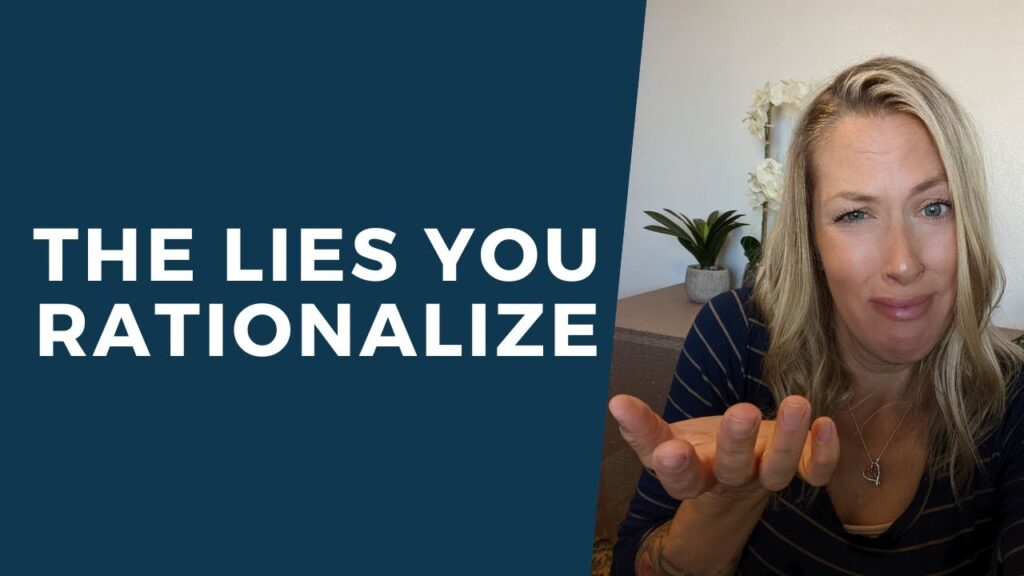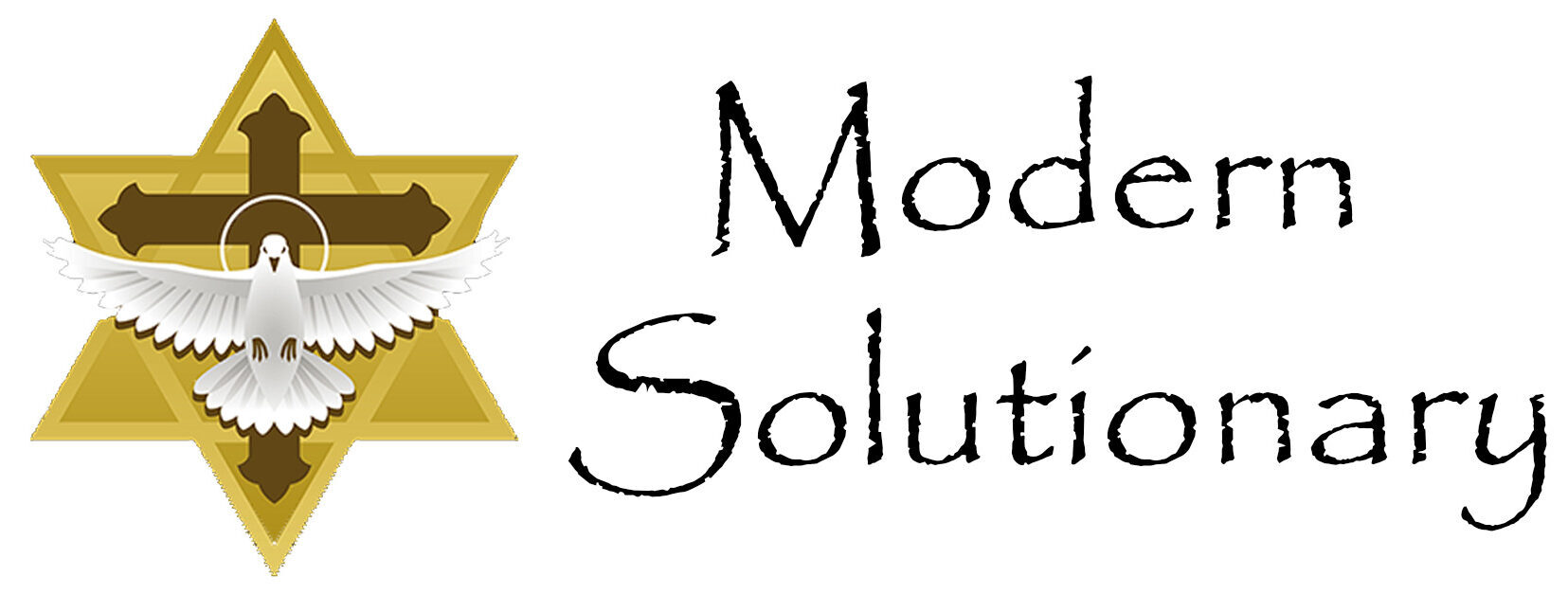
This is a complex and controversial question that may have different answers depending on one’s perspective, values, and culture. Consider, that as young parents, we take exhaustive amounts of time and effort to teach our toddlers to never tell a lie, while at the same time many of us go to extreme measures to lie to our children about the existence of the Easter Bunny, the Tooth Fairy, and Santa Claus.
We mean well. We want to preserve the magic and wonder of childhood and foster our children’s imagination and creativity. We use these tales to encourage the children to behave well and reward them for their good deeds. A popular reason is we want to follow the traditions and customs of our childhood family and community. In a sense, we want to protect the children from the harsh realities of the world for as long as possible, giving them a sense of hope and joy. All good reasons so, “Are the lies we tell good?”
Even in the Holy Bible, there are countless stories called parable. Parables are stories and illustrations that teach a truth or illustrate a principle. They often use exaggeration, hyperbole, or unrealistic scenarios to make a point. For example, Jesus told a parable about a man who forgave a huge debt of his servant, but the servant refused to forgive a small debt of his fellow servant (Matthew 18:21-351). Is this truly what took place? The contrast between the two debts is so extreme no one would actually believe that would happen. By highlighting the absurdity of the servant’s behavior, the storyteller captures our attention, and in this case, we learn the importance of forgiveness. Parables use unbelievable components to capture the attention of the listeners, to challenge their assumptions, and to reveal deeper meaning.
A lie is a false statement made with deliberate intent to deceive or mislead someone. Based on this definition, one could argue that the unbelievable components of a parable are not lies, because they are not intended to deceive the listener, but rather to shock our awareness so we can convey a deeper meaning or lesson. On the other hand, some might disagree and say that any statement that is not literally true is a lie, regardless of the purpose or context. Ultimately, the answer may depend on one’s intent, perspective, and interpretation of what constitutes a lie. This is the biggest reason we find it so hard to determine the truth in the statements made by others.
The questions become, “Who suffers from these teaching tales or the mystical white lies to our children?” “If Jesus can stretch the truth to teach a lesson, is it a sin?” The answer is No, of course not and yes, we must value honesty because trust has its foundation on the truth. When we intentionally betray or deceive anyone, we can cause harm to them and to our reputation. If these lies, which people have been spreading for centuries, were proven to have long term negative consequences such as confusion, disappointment, resentment, or skepticism; it would have been revealed by now.
Ultimately, there is no definitive answer to the original question, as each person may have different intentions, opinions, and preferences. However, we must each admit, a lie told can never be true.
If this is my last post, I want all to know there was only one purpose for all that I have written; to have made a positive difference in the lives of others.
Anthony “Tony” Boquet, the author of “The Bloodline of Wisdom, The Awakening of a Modern Solutionary”
